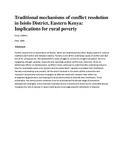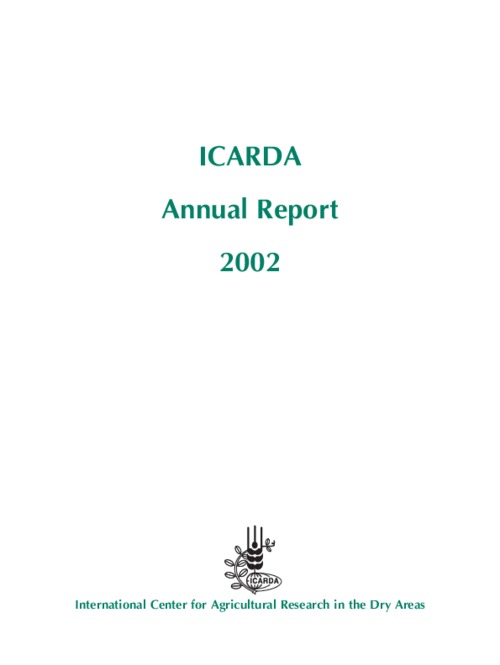Report on human settlements : African regional implementation review for the Commission on Sustainable Development (CSD-12)
Africa is the fastest urbanizing region in the world, with the population doubling almost every
20 years. The rural population is growing at a rate of 2.5 per cent per annum, while the urban
population is experiencing 5-10 per cent growth per annum. Urbanization becomes a source
of concern when the challenges it poses are far beyond the national management capacity.







